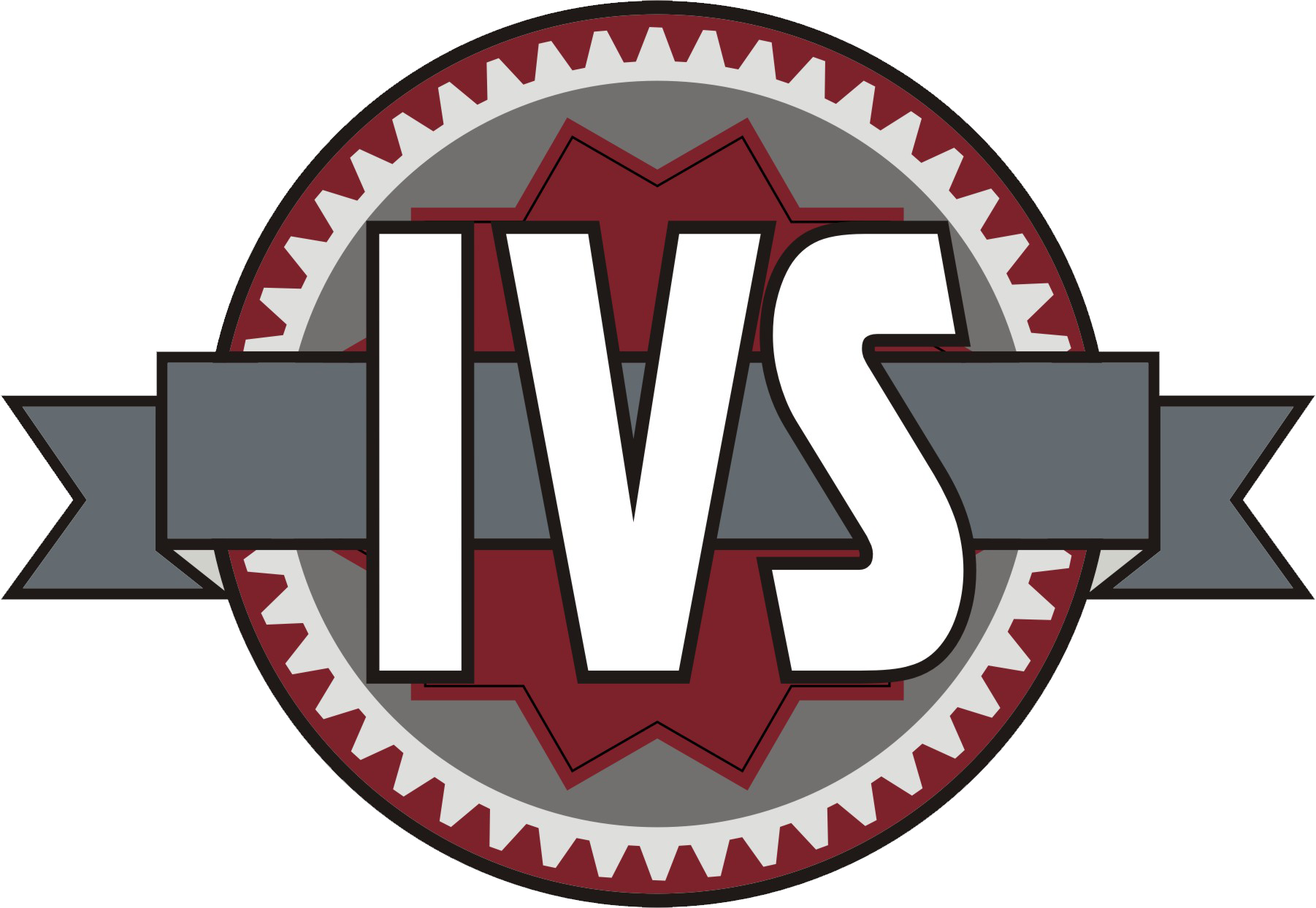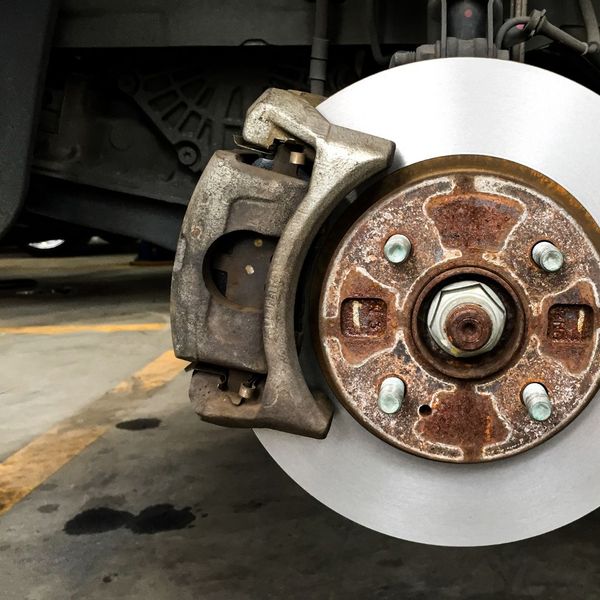Hey there, fellow auto enthusiasts! It's us, your trusted friends at Independent Vehicle Service, the leading car repair shop in Albuquerque. We're passionate about everything automobile, and today, we're diving deep into the fascinating world of drum brakes.
So, if you've ever wondered how the brakes in older vehicles work, you're in for a treat! If you own an older car with drum brakes or a modern car with disc brakes, at Independent Vehicle Service, we do it all. Contact us today to schedule an inspection and keep your brakes working at peak performance.




